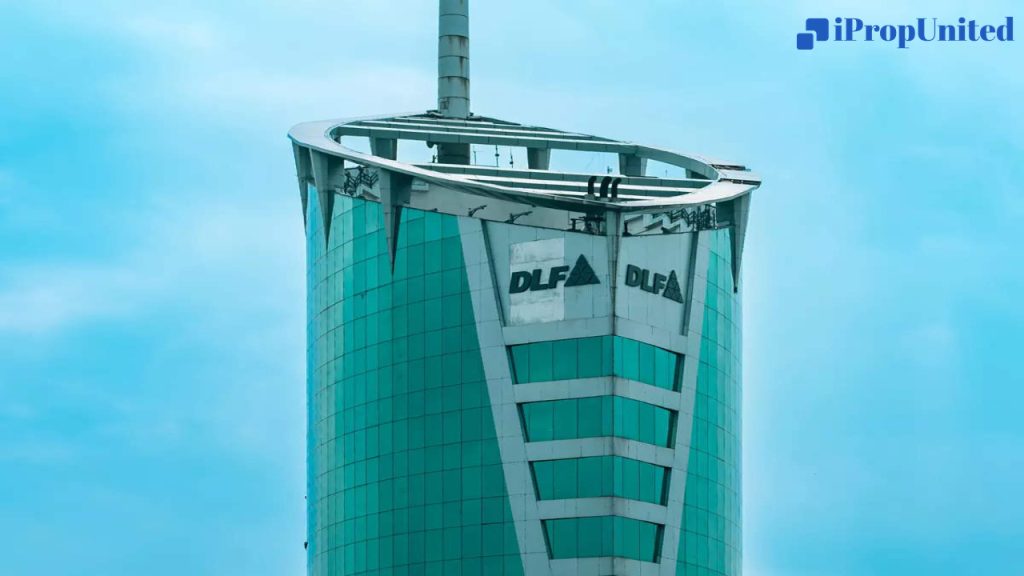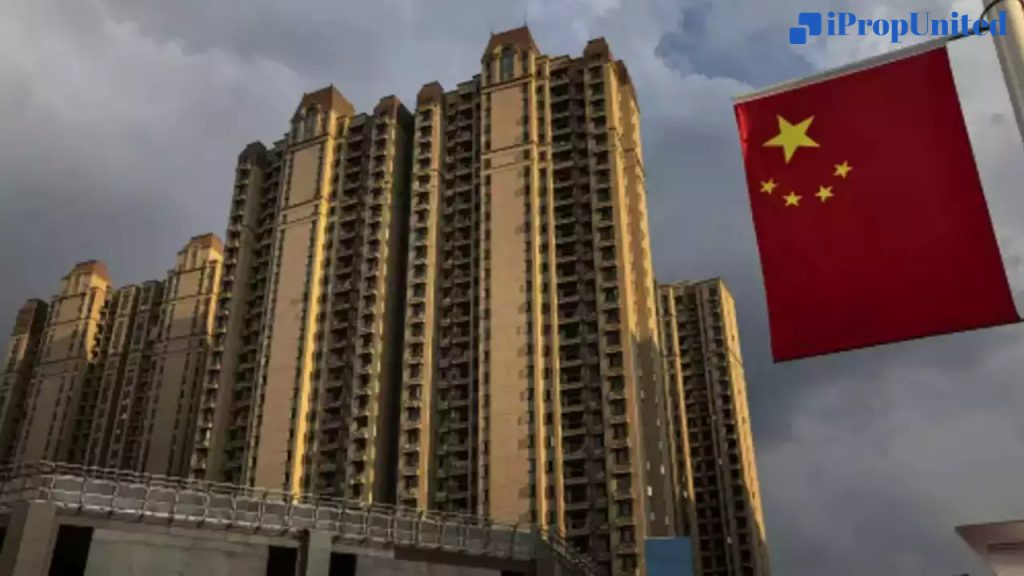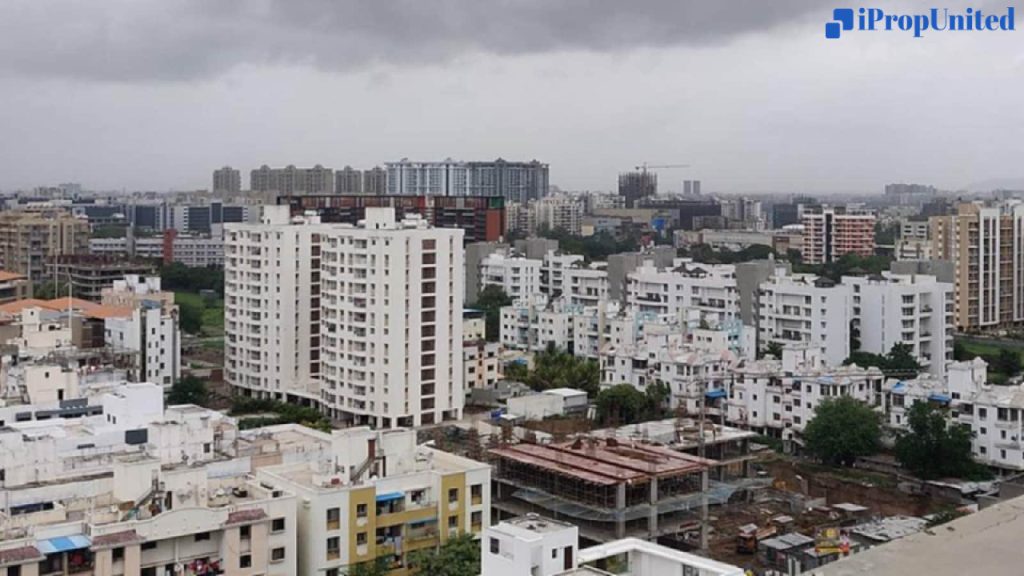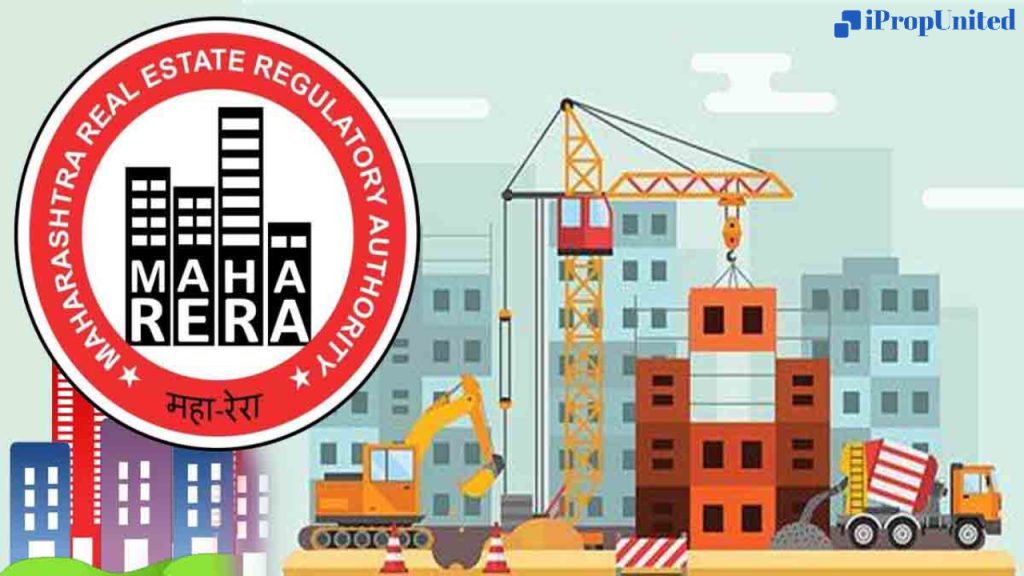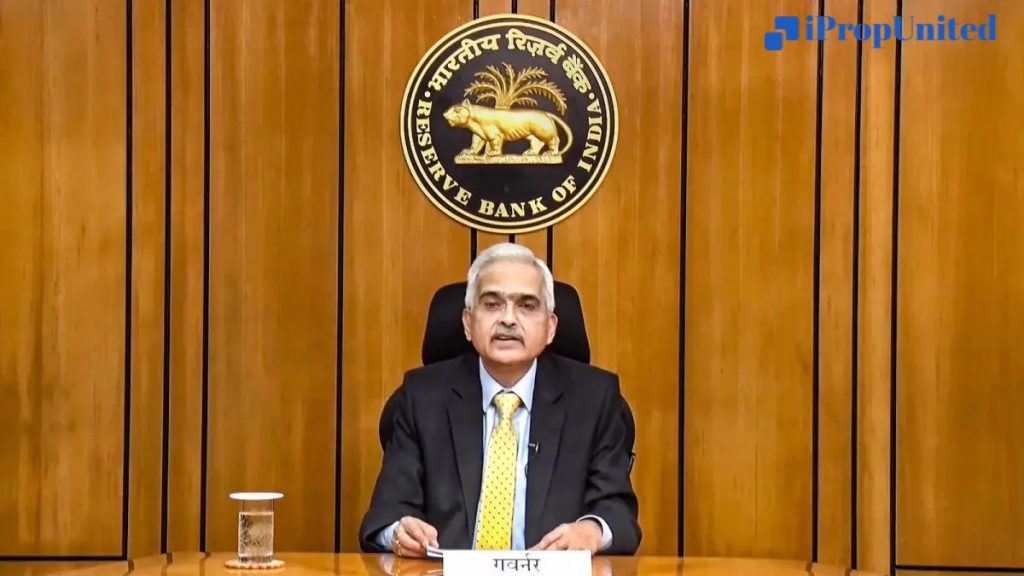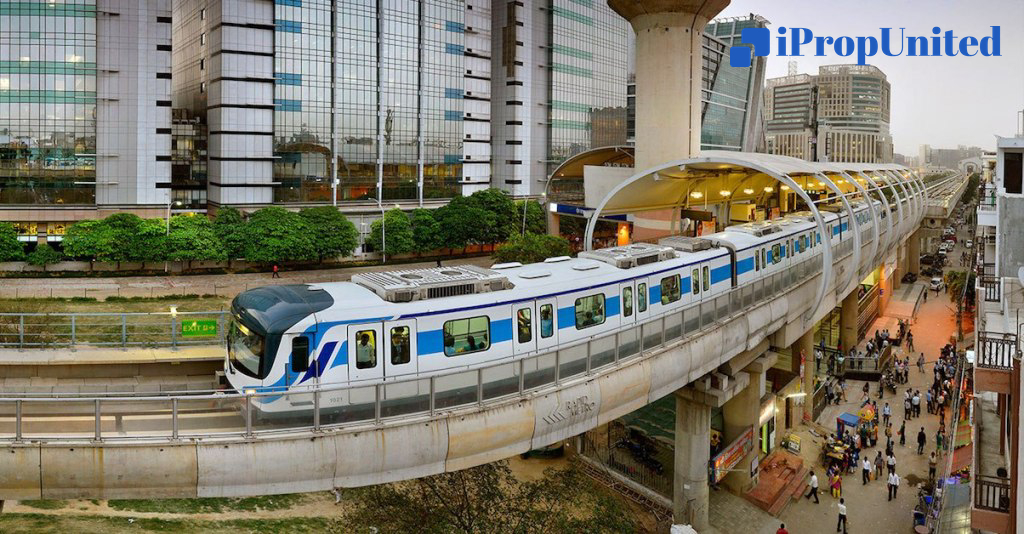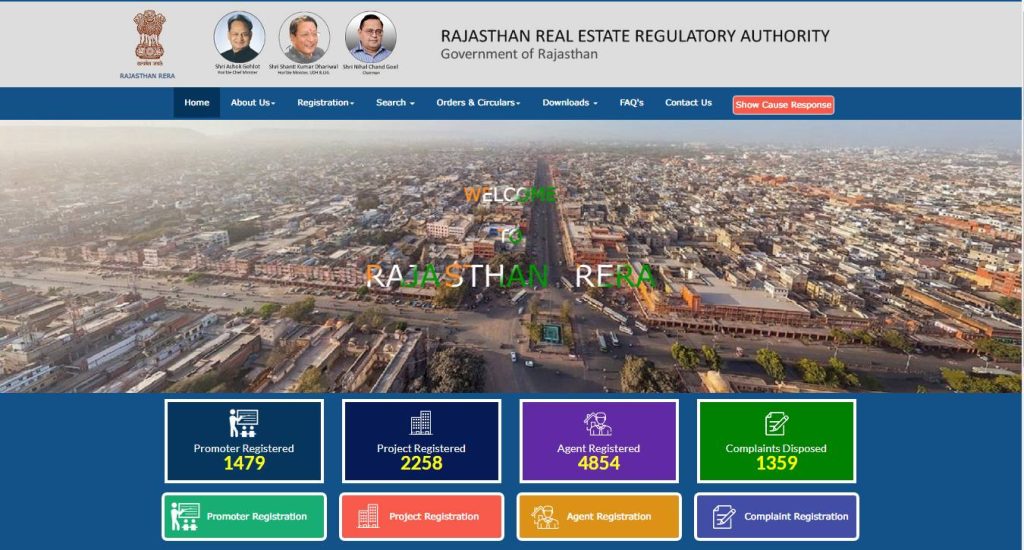
Rajasthan RERA Act
The real estate (regulation and development) act was brought into effect by the Government of India on May 1, 2016. The government of Rajasthan has notified the rules for the promotion and regulation of the real estate sector in the state. The government constituted the Rajasthan Real Estate Regulatory Authority (Raj.RERA) and Appellate Tribunal on March 6, 2019, to encourage the growth and promotion of a healthy, transparent, efficient and competitive real estate sector.
Following are the key components of the Real Estate (Regulation and Development) Act
Under the RERA Act, State Government is required to establish Real Estate Regulatory Authority to regulate and promote the real estate sector in the State. The Authority works to safeguard the interests of allottees, promoters, and real estate agents while promoting the growth of the real estate sector. additionally, the authority also establishes an adjudicating mechanism for sharp dispute redressal regarding registered projects.
The Authority’s primary duties are as follows:
- Ensuring Disclosures of Real Estate Projects by Promoters
- Real Estate Projects Registration
- Real Estate Agents Registration
- Complaints Redressal
- Provide advice to relevant Government on issues pertaining to the development & promotion of the real estate sector
Appellate Tribunal to hear appeals
The State Government had established an Appellate Tribunal to hear appeals from the decisions, directions, or orders of the RERA and Adjudicating Officer. Any aggrieved person of the direction of the Authority can file an appeal before the Appellate Tribunal and the appeal shall be dealt with by it as expeditiously as possible and the authority shall endeavor to dispose of the appeal within a period of sixty days.
Registration of Real Estate Projects
All residential and commercial projects are required to be registered, except those with
- The total area of land that is to be developed does not exceed five hundred square meters
- Inclusive all phases, the number of apartments proposed to be developed does not exceed eight
- If the promoter has received a completion certificate for a real estate project before the commencement of the RERA Act
- for the purpose of renovation or repair and re-development which is not advertising, selling, of a plot or building under the real estate project
Without registering the real estate project with Rajasthan RERA, the promoter is not permitted to advertise or invite people to buy any plots, apartments, or buildings. The promoter of ongoing real estate projects, in which all buildings as per sanctioned plan have not been completed, is also required to register for such phase of the project.
The promoter is liable for a fine of 10 percent of the total cost of the project in case he fails to register as per the Act and in case of continuous violation, he is punishable with imprisonment for three years. additionally, promoters are required to provide updates on the status of the project to the Authority.
Registration of Real Estate Agents
No real estate agent is permitted to facilitate the sale or purchase of any property, in a real estate project or part of it, without being registered under this RERA Act.
On failure of registration, the real estate agent is liable to a penalty of Rs 10,000 per day in continuation of violation, which may extend up to five percent of the cost of the property for which the sale and purchase have been facilitated.
Filing of complaints
Any aggrieved person may file a complaint with Rajasthan RERA or the Adjudicating Officer, regarding any registered project, for any contravention of the norms made under the RERA act. The Authority establishes an adjudicating mechanism for the sharp resolutions of such complaints.
Any person aggrieved by any direction of Rajasthan RERA, can file an appeal before the Appellate Tribunal, or even file a complaint to the High court if the person is aggrieved by Appellate Tribunal.
Financial Discipline
The Act endeavors to make sure smooth financial discipline in the real estate sector. Some of its regulations are as follows:
- Without registration and written agreement for sale, a promoter is not permitted to ask for more than ten percent of the total cost of the property, as an advance payment or an application fee, from a person.
- 70% of the funds received from the allottees for the real estate project must be deposited from time to time in a separate account to be kept in a designated bank to cover the cost of construction and the cost of the land, and must only be used for that purpose.
- Withdrawal must be certified by an engineer, an architect, and a chartered accountant in practice from such accounts, in proportion to the percentage of completion of the project.
- The promoter must refund the buyer’s purchase price with interest for any false or inaccurate claims made by them.
- Project Accounts to be Audited / FY. Copy to be provided to Rajasthan RERA
- Provisions allowing Rajasthan RERA to freeze project bank accounts upon non-compliance
- In case of non-compliance with RERA, provisions to levy stronger financial penalties.
Transparency
The Act endeavor to bring transparency in the real estate sector as follows:
- All the details of the registered projects must be visible online for citizens including:
- Layout plans, sanctioned plans, along with specifications, are approved by the competent authority.
- The proposed plan and layout plan of the entire project and floor space index proposed to be developed in the whole project, by the promoter
- approved number of the building(s) or wing(s) and the proposed number of buildings or wings to be built.
- the estimated time of completion of the project, including the provisions for public utilities such as water, sanitation, and electricity.
- Update on the number and types of booked apartments on a quarterly basis
- quarterly update on the list of total booked covered parking and garages
- quarterly update of the list of taken and pending approvals subsequent to the commencement certificate
- update on the status of the project every three months
- other relevant documents and information as specified by the provisions of Rajasthan RERA.
- The promoter must mention the website address of Rajasthan RERA, wherein all details of the registered project have been entered including the registration number obtained from the Authority in the advertisement or prospectus that is published.
Citizen Centricity
- The Rajasthan RERA website discloses all information to the public relating to registered projects. This will make it possible to make well-informed decisions based on data.
- Promoter is not permitted to make changes in the sanctioned plans, layout plans, etc. without the consent of a minimum of two-thirds of the buyers who are purchasing apartments in such building.
- Without limiting any other available remedies, if the promoter is unable to deliver an apartment in accordance with the terms of the contract, he is responsible for paying interest on any additional delays and returning the amount received with interest in the event that the allottee decides to withdraw from the project.
- Within three months from the date on which sixty percent of the total number of purchasers have booked their apartment, the promoter must establish a legal entity such as a cooperative society, company, association, federation, etc.
- Within three months of the occupancy certificate’s issuance, or sixty percent of the building’s total number of purchasers must have paid the promoter the full consideration the promoter must execute a registered conveyance deed in favor of the allottee.
Refund
The registration fee to the extent of 5% paid or Rs. 25,000/- whichever is more shall be retained by the Authority and the remaining amount shall be refunded in case a promoter applies for withdrawal of application of the project before the expiry of the period of thirty days. Similar to this registration fee to the extent of 5% paid shall be retained by the Authority and the remaining amount shall be refunded in case of rejection of application for, registration of a Project or registration of a Real Estate Agent or extension of registration of a project or renewal of registration of Real Estate Agent.
Follow and Connect with us: Twitter, Facebook, Linkedin, Instagram
